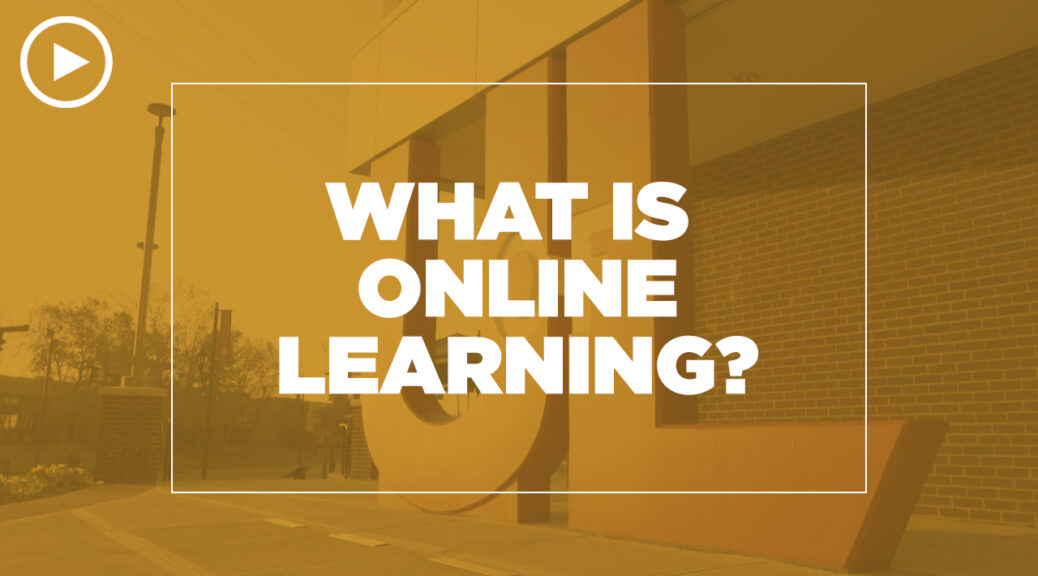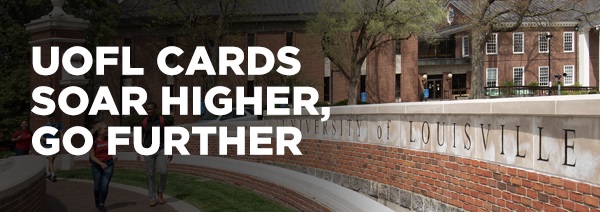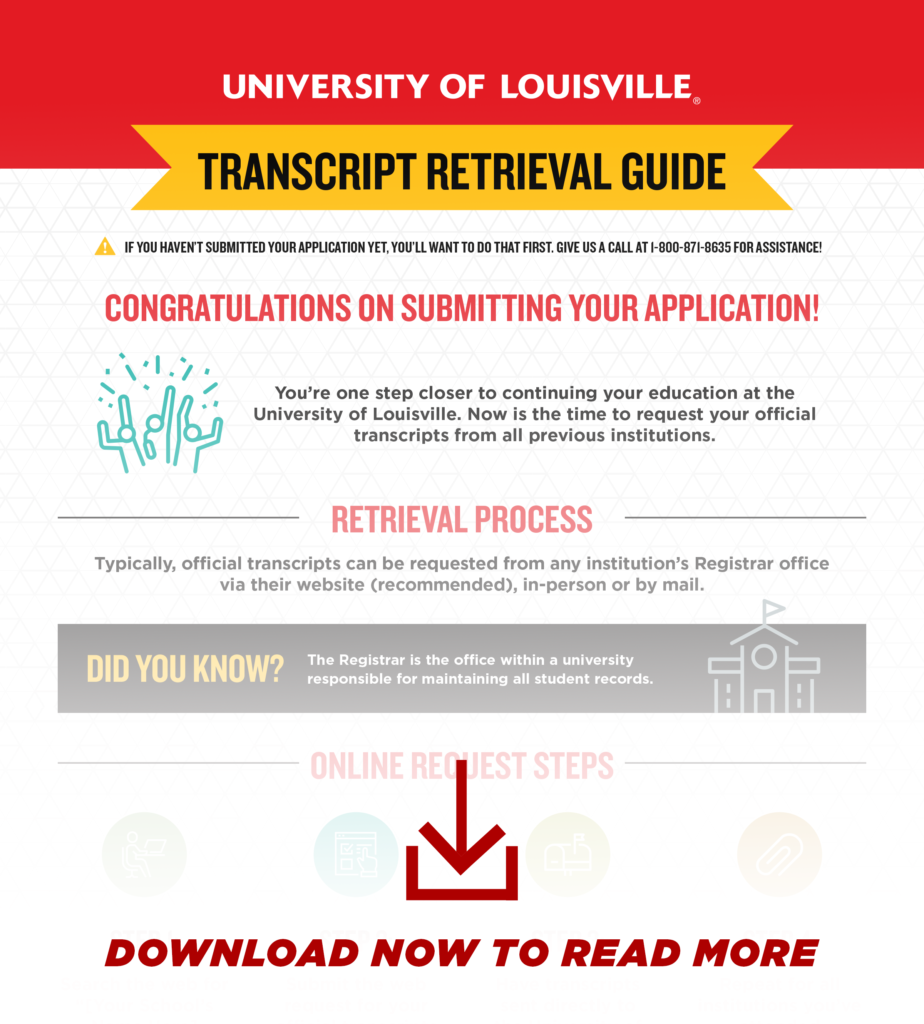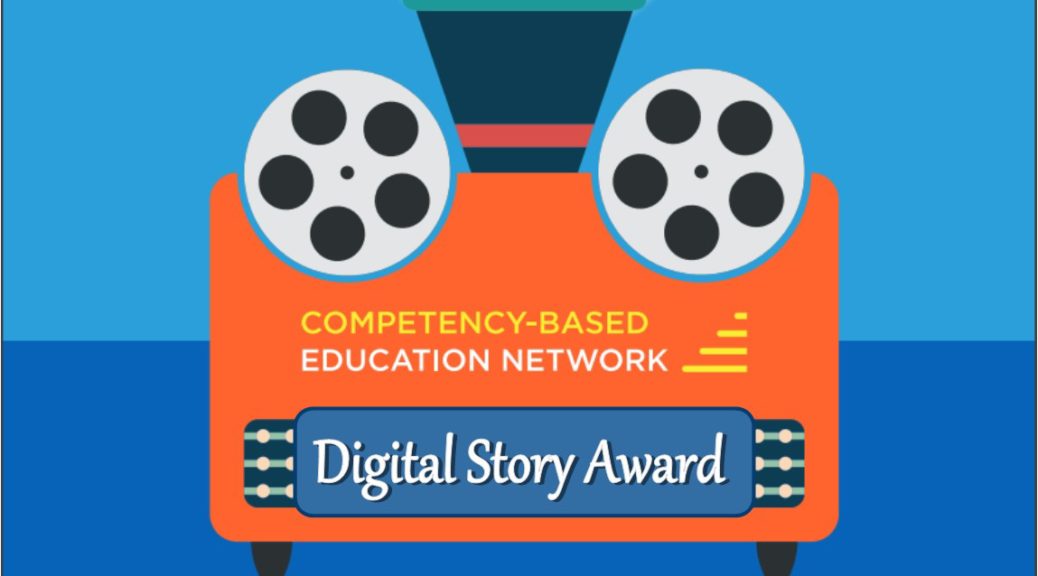
[Video] FAQ: What are the benefits of online learning?
ONLINE LEARNING BENEFITS
Online learning actually has a lot of benefits for students, but the most obvious one is that you can further your education from wherever you are, whenever it’s most convenient to you–while raising a family, working full-time or dealing with any circumstance that makes commuting to campus or being in class at a set time difficult or impossible.
But it’s more complex than that too. Let’s talk a bit more about the key benefits of online learning at UofL.
WORK-LIFE-EDUCATION BALANCE
You really CAN have it all...
As mentioned, online learning allows you to work full-time, take care of your family and attend to all your other priorities while going back to school.
How’s that possible? Well, with almost all of our online programs offered through asynchronous courses–meaning there’s no set class time–you complete your coursework whenever it best fits your schedule, from wherever it’s most convenient to you.
Don’t sacrifice time with your  family or friends to sit in a classroom when you’d otherwise be at dinner or attending your kid’s t-ball game. Don’t choose between going to class or wrapping up that big project at work. With online programs, you really can do it all.
family or friends to sit in a classroom when you’d otherwise be at dinner or attending your kid’s t-ball game. Don’t choose between going to class or wrapping up that big project at work. With online programs, you really can do it all.
Online learning offers the balance, flexibility and convenience you need to integrate education into your current work-life balance, juggling all your responsibilities and priorities while also earning a degree!
The best part–our faculty and staff get it. We’ve been offering education online at UofL for over 20 years. Our student support teams and instructors know how busy the average online student is, and they also know that even with the best laid plans, life happens. They’re always willing to work with you if anything unexpected comes up.
ACCELERATED TERMS
5- or 8- Week Courses
Traditional terms are 15 to 16 weeks long, and typically require a student to take two to three classes per semester to graduate in the standard amount of time (e.g., four years for bachelor’s degree, two years for master’s degree). While part-time options are available through a lot of online programs at UofL, allowing students to lighten their course load as needed, a lot of programs have also moved to offering accelerated courses.
What’s an accelerated course? Well, taking place over either shorter 5- or 8- week terms, accelerated courses allow you to take just one course at a time but still complete your degree in the same speed as a standard 15 to 16 week program.


To break this down, in a traditional semester, you complete two to three classes over 15 to 16 weeks. With accelerated courses, you’ll still complete two to three courses a semester, but you’ll do just one course every 8 or 5 weeks.
This is another great benefit of online learning that allows you to better balance all the things you’re trying to accomplish, without extending your degree completion time!
REAL UOFL EDUCATION
Wherever You Are
Finally, here at UofL, there’s one other great benefit of online learning: you receive the SAME exceptional UofL education as on-campus students—from wherever is most convenient to you.
Our bachelor’s, master’s and certificate programs are based on the same standards, taught by the same faculty and strive for the same educational experience as our on-campus programs.
You get flexibility and convenience without any sacrifice. You may earn it online, but it’s still a UofL degree. Plus, there’s no indication of whether you completed the degree online, on-campus or through a combination of the two.
A degree from UofL is a degree from UofL, no matter how (or where!) you earn it.
GET STARTED TODAY!
Ready to take advantage of these great benefits?
If online learning seems like it would be a good fit for your life, take the next step with confidence at UofL. We offer more 40+ online bachelor’s, master’s and certificates across a variety of fields and industries, all designed to help you take the next step in you education with confidence and ease. Visit our site for more information and to get started today!
HAVE OTHER QUESTIONS?
We’re producing FAQ videos like this one on a regular basis to address some of the common questions we see from prospective online students. If there’s a question you’d like to have answered and/or see addressed in a future video, please comment below and let us know, or reach out to the online enrollment team at online@louisville.edu.
[Video: Check out our first FAQ video, which answers the question “What is online learning?”]
WHO IS MACY BUNN?
Featured in UofL’s new online programs FAQ video series, Macy Bunn is a Recruiter for online programs at UofL, part of our enrollment team. Macy’s dedicated to establishing connections and building relationships with prospective online UofL students.
[Blog: Find out more about Macy in our first FAQ blog post.]


 local community spreading the word about the online programs offered at UofL, and helping others understand what online learning is, what value it can bring to the lives of the adult learner or non-traditional student and assists those ready to take the next step in their education to find the right program for them.
local community spreading the word about the online programs offered at UofL, and helping others understand what online learning is, what value it can bring to the lives of the adult learner or non-traditional student and assists those ready to take the next step in their education to find the right program for them. 

